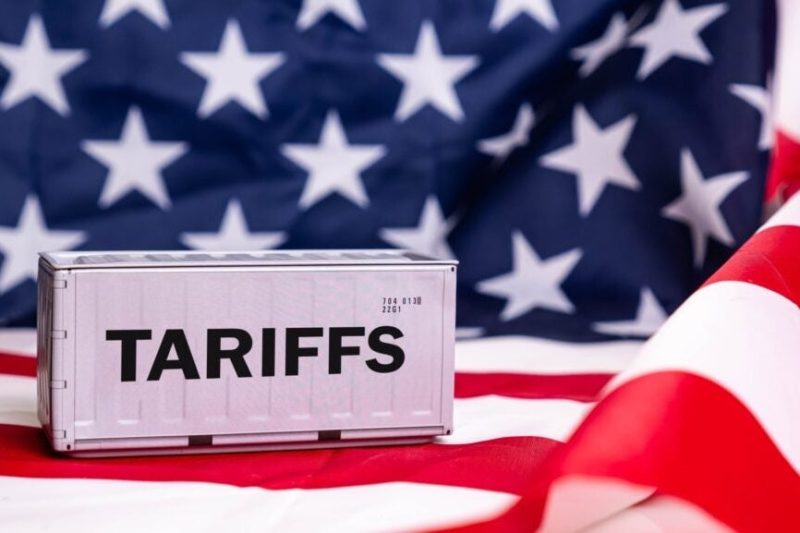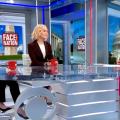
Robert Kiyosaki, the renowned author of *Rich Dad Poor Dad*, has issued a stark warning about the economic consequences of rising tariffs and the rapid advancement of artificial intelligence. He argues that these factors, far from protecting workers, are actually fueling inflation, leading to job losses, and suppressing wages. This isn’t just another bearish prediction; it’s a call to action for individuals and policymakers alike to consider the potential fallout of current economic trends.
Kiyosaki’s concerns center on the impact of tariffs on the cost of goods. He points out that while tariffs might seem like a way to protect domestic industries, they ultimately increase the price of imported products. This increased cost is passed on to consumers in the form of higher prices, leading to a significant rise in inflation. This inflation, in turn, erodes the purchasing power of wages, leaving many feeling the pinch despite working.
Furthermore, Kiyosaki highlights the disruptive potential of artificial intelligence. AI-driven automation is rapidly transforming industries, leading to increased efficiency but also significant job displacement. While AI offers opportunities for growth in certain sectors, the transition is far from seamless, and many workers may find themselves unprepared for the new landscape. The combination of inflation fueled by tariffs and job losses due to AI creates a perfect storm, threatening the financial stability of many.
Kiyosaki’s message isn’t solely one of doom and gloom. He advocates for proactive measures to mitigate the risks. He stresses the importance of financial literacy and encourages individuals to develop multiple streams of income to safeguard themselves against economic instability. He also urges policymakers to consider the long-term consequences of their decisions and to implement policies that support workers during this period of rapid technological change.
The warnings from a figure as influential as Robert Kiyosaki should not be taken lightly. The confluence of rising tariffs and the rapid adoption of AI presents a significant challenge to the global economy. By understanding the potential risks and taking proactive steps to prepare, individuals and governments can better navigate the changing economic landscape and mitigate the potential for widespread hardship.










